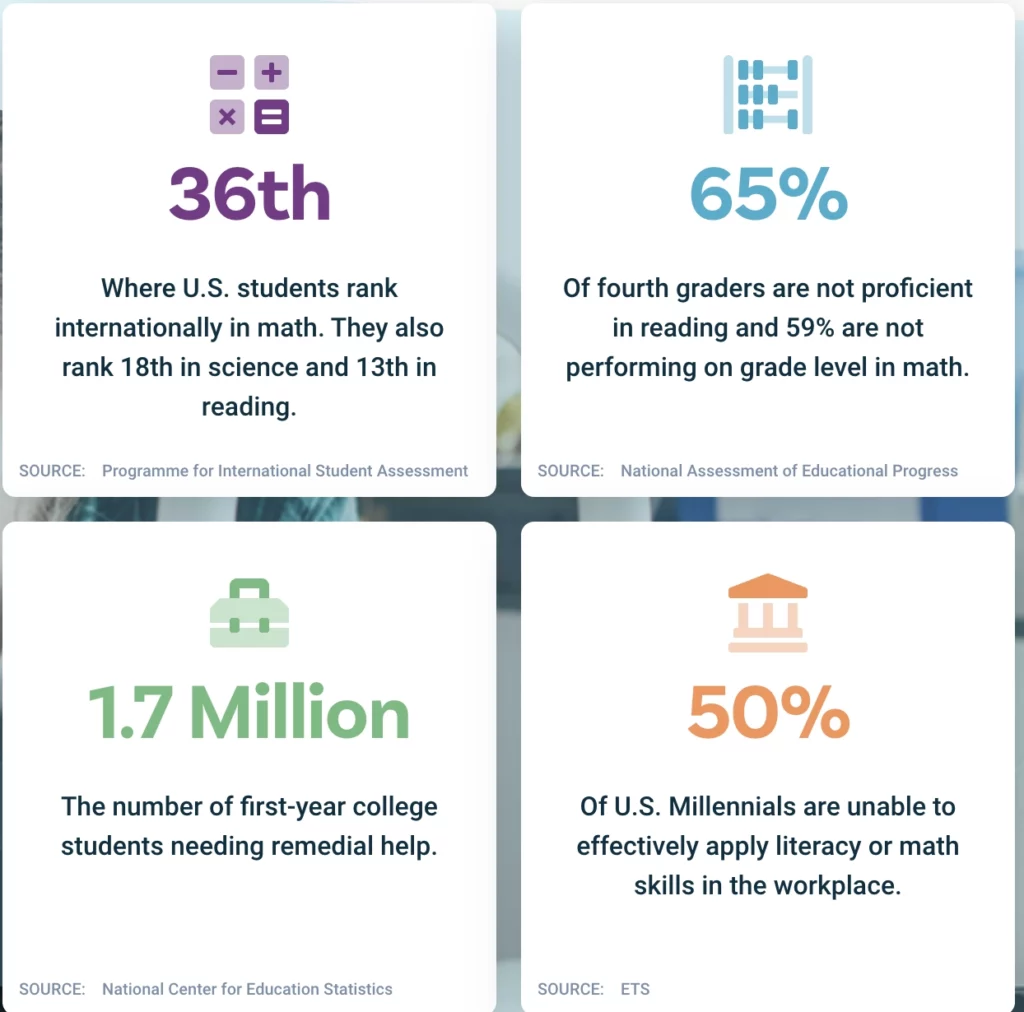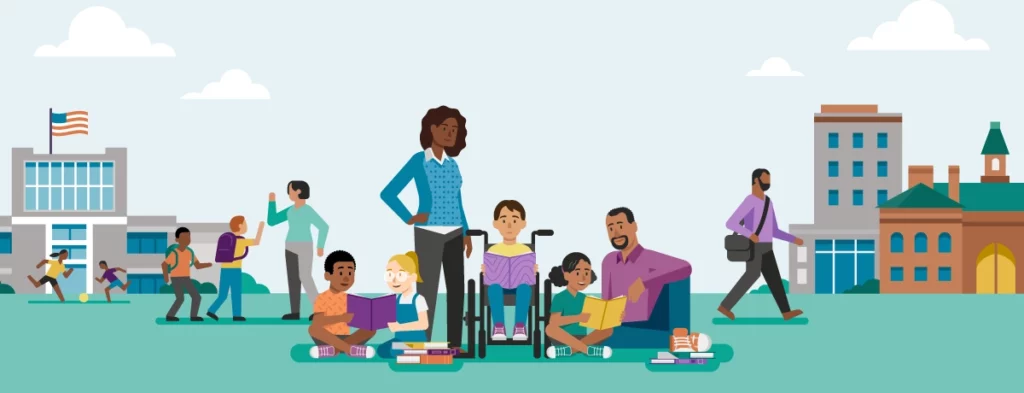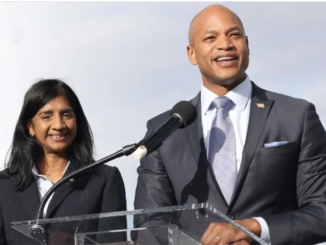
As a parent, do you think your child is reading at grade level? The Learning Heroes’ National Parent Survey, conducted annually since 2016, consistently found that many parents tend to overestimate their child’s academic performance, including their reading levels.
According to Be A Learning Hero’s Hidden in Plain Sight survey findings, 92% of parents believe their child is at or above grade level, while 44% of teachers believe that students will be prepared for grade-level work. Meanwhile, the National Assessment of Educational Progress (NAEP) data, also called the National Report Card, showed that 65% of fourth graders are not proficient in reading.
Those are the facts. According to a report by the Annie E. Casey Foundation, children who are not reading proficiently by the end of third grade are four times more likely to drop out or fail to graduate from high school. Reading and reading comprehension is the first and most crucial building block in a foundation of success. The ability to read and comprehend connects our youth to more opportunities and new worlds.
Imagine a world where every child is equipped with the essential skills to read, learn, and thrive throughout their educational journey.
Picture a world where every student is assessed for reading proficiency and struggling readers are promptly identified and set on a path to success. This is especially important because, as the Yale Center for Dyslexia states, dyslexia impacts 20% of the population and accounts for 80-90% of all learning disabilities. It is the most common of all neuro-cognitive disorders, but it is hard to diagnose early. Picture a world where schools provide targeted, evidence-based interventions tailored to each student’s unique needs. Imagine young learners receiving extra instructional time, personalized tutoring, or engaging in small group activities that foster growth and confidence.
And what if parents became partners in their child’s education, staying informed about their real progress, and learning strategies to support their budding readers at home? What if parent-teacher conferences were about discussing their child’s growth and collaborating on intervention strategies? Could we imagine a world where there is a “Third Grade Gate” which serves as a checkpoint, ensuring that students can demonstrate reading proficiency on a state assessment before advancing to fourth grade?
Shouldn’t we expect that teachers be champions of reading, armed with training in the science of reading and evidence-based literacy instruction methods such as phonics, empowering them to make a lasting impact on their students’ lives?
As these conversations unfold, it’s natural for educators, parents and policymakers to wonder whether their state has a high-quality literacy law in place. With its interactive 50-state overview and explanation of common challenges, ExcelinEd’s Early Literacy Matters dashboard shows which states are leading the pack.
For example, based on legislation enacted in Florida in the early 2000s, the Mississippi Literacy-Based Promotion Act (LBPA) is a bold and transformative state law designed to make this vision a reality. Passed in 2013 and refined over the years, the LBPA targets kindergarten through third grade, a critical period in a child’s academic development. It’s a time when learning to read evolves into reading to learn. By ensuring students are reading at or above grade level by the end of third grade, the LBPA aims to prevent the potential struggles and setbacks that can plague those who don’t master this essential skill.
While some critics argue that retention policies may have negative psychological and social effects, the LBPA’s emphasis on early identification, intervention, and parent involvement reshaped the educational landscape in Mississippi. Between 2017 and 2019 Mississippi was the only state that saw statewide reading improvement.
Let’s envision a brighter future where every child has the opportunity to become a confident and proficient reader, unlocking a world of endless possibilities. For that, it requires us to demand that our state representatives make reading a priority and pass laws that follow the Mississippi model.
Don’t you think that reading is a right of every child in this country?

Sylvie Légère is co-founder of The Policy Circle.
Kymyona Burk is Senior Policy Fellow for ExcelinEd
Courtesy (TriceEdneyWire.com








